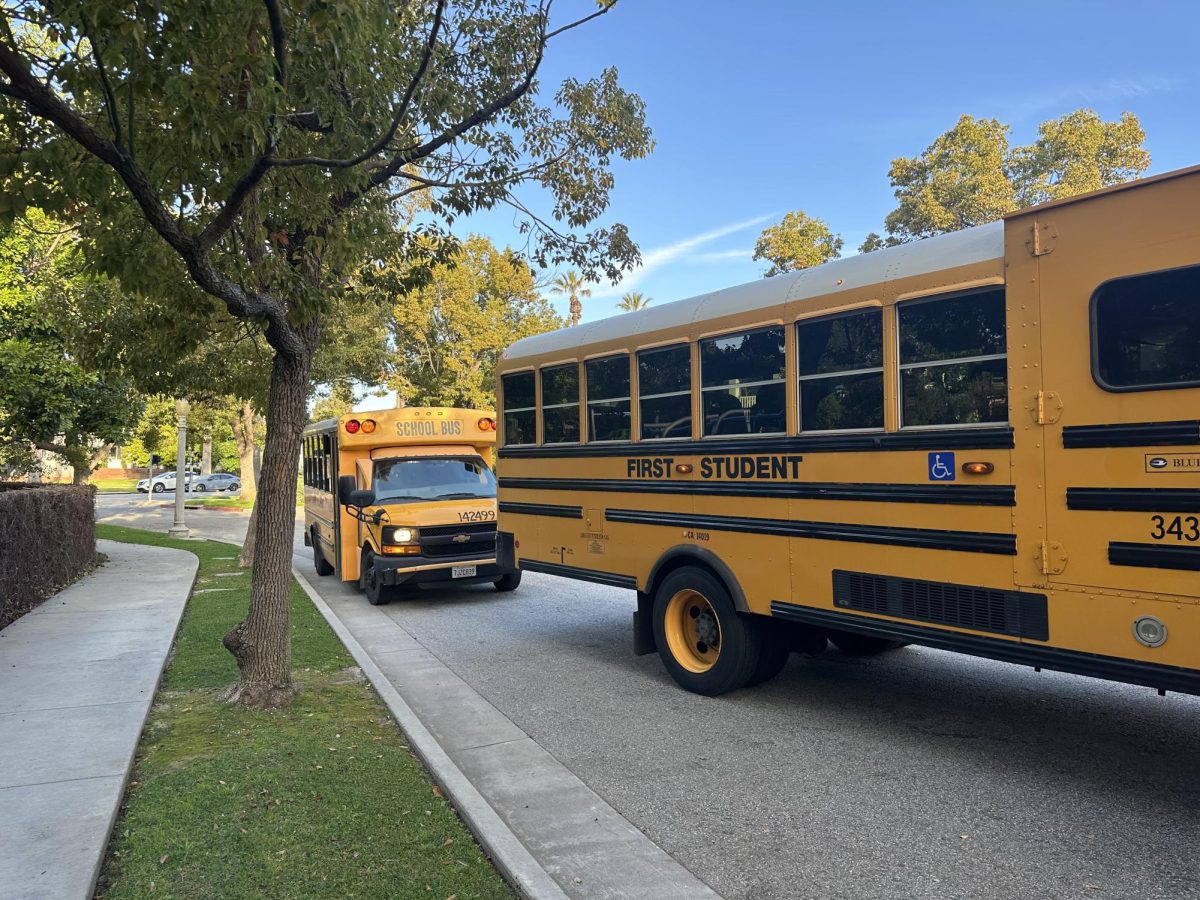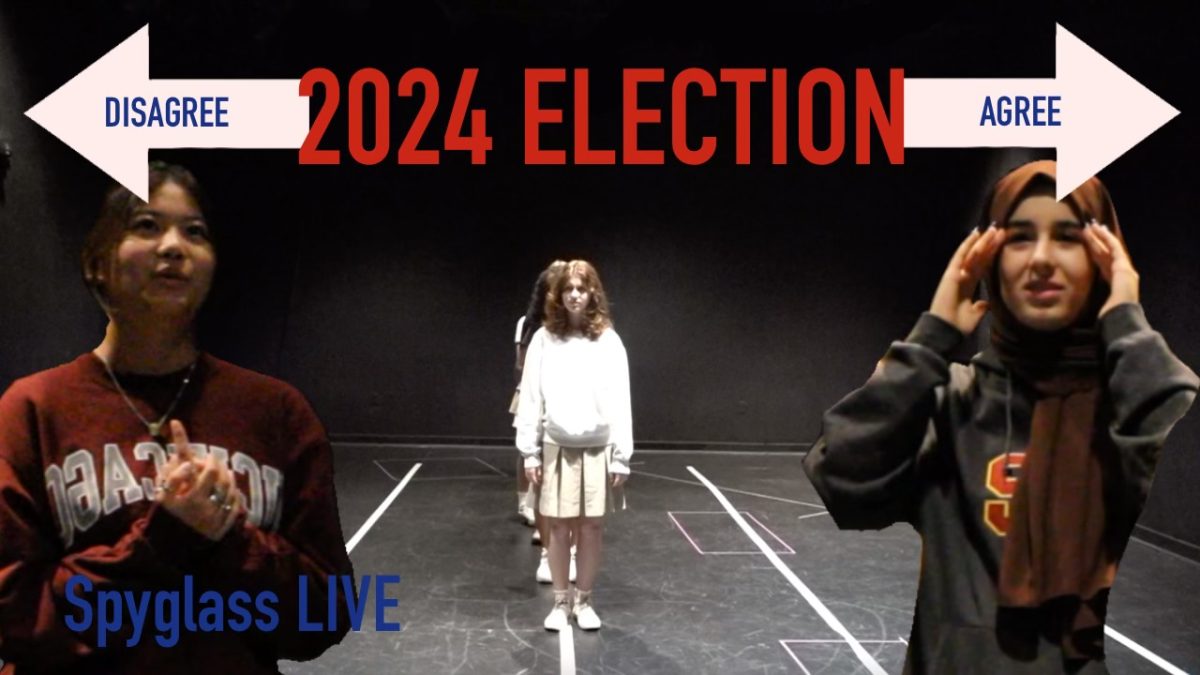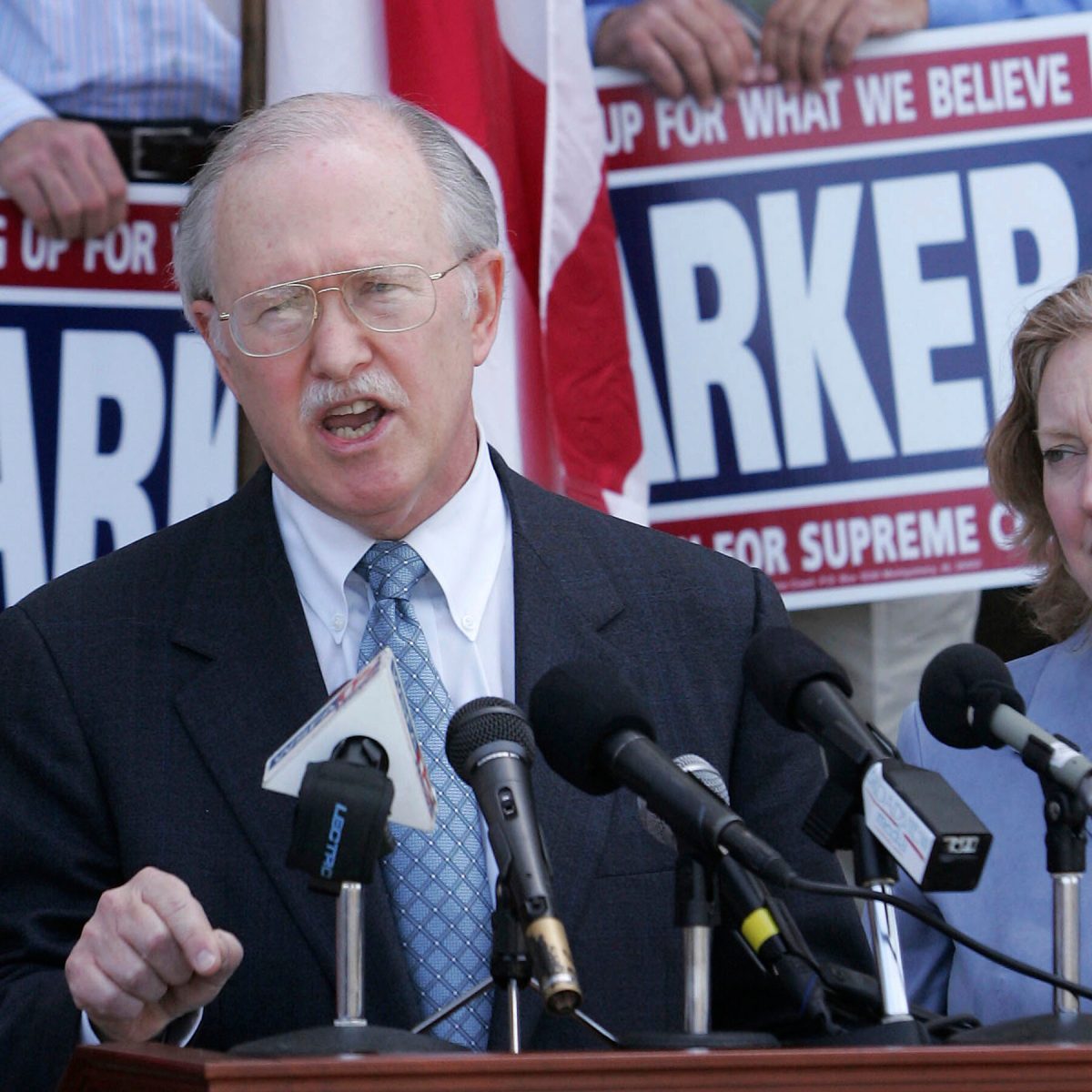On February 16, the Alabama Supreme Court issued a ruling declaring that frozen embryos created and stored for in vitro fertilization (IVF) are considered children under the state’s Wrongful Death of a Minor Act. The overturning of Roe v. Wade not only affected abortion but also fertility treatments such as IVF, as both are linked by personhood laws.
The Court’s ruling not only affects those who are in the process of undertaking, or plan to undertake, fertility treatment, but also providers and clinics, as the ruling has raised concerns of criminal liability. Soon after the Court’s decision, Alabama’s Republican governor Kay Ivey signed a bill into law with the aim of protecting IVF patients and providers. The new law, however, does not address the issue of personhood, which the state’s Supreme Court afforded frozen embryos.
Effects of the Ruling on IVF Clinics Across the State
Three Alabama clinics suspended their IVF services directly following the Alabama Supreme Court’s ruling. The University of Alabama at Birmingham’s Division of Reproductive Endocrinology and Infertility was the first.
Savannah Koplon, a spokesperson for the university, told CBS News via email, “We are saddened that this will impact our patients’ attempt to have a baby through IVF, but we must evaluate the potential that our patients and our physicians could be prosecuted criminally or face punitive damages for following the standard of care for IVF treatments.”
While some have resumed their services after Governor Ivey signed a bill protecting IVF providers from criminalization, others have yet to reopen.
The Center for Reproductive Medicine at Mobile Infirmary has announced that it will not resume IVF services for the time being.
“We are not reopening until we have legal clarification on the extent of immunity provided by the new Alabama law,” CNN quoted the center and its affiliate health care system, Infirmary Health, as saying in a statement.
They continued, “At this time, we believe the law falls short of addressing the fertilized eggs currently stored across the state and leaves challenges for physicians and fertility clinics trying to help deserving families have children of their own.”
Backlash Across the Country
The Alabama Supreme Court has received great backlash for its unprecedented ruling. A statement from Alabama Supreme Court Chief Justice Tom Parker relating to his support of the decision to suspend IVF treatment in the state has drawn extreme criticism.
Parker wrote, “Human life cannot be wrongfully destroyed without incurring the wrath of a holy God, who views the destruction of His image as an affront to Himself…Even before birth, all human beings bear the image of God, and their lives cannot be destroyed without effacing his glory.”
Kelly Baden, Vice President for public policy at the Guttmacher Institute, found Parker’s use of theology in the ruling to be problematic. Alarmed by Parker’s disregard for the separation between church and state, Baden commented that a judge’s religious beliefs could, as she told The Washington Post, affect a “deeply personal decision” for thousands of women across Alabama.
However, members of the anti-abortion movement celebrated the ruling and called for other states to follow Alabama’s lead. Denise Burke, senior counsel with the Christian anti-abortion group Alliance Defending Freedom, called the ruling a “tremendous victory for life.”
Impacts of the Decision on the Foreseeable Future
Conservatives have received extreme backlash from individuals, including other political leaders, across the country following the Alabama Supreme Court’s ruling, impacting the positions of many as they head into the November election.
Stan Barnes, a political consultant and former Republican state senator in Arizona told Politico, “It certainly intersects, badly, with general election politics for Republicans.” She added, “When a state, any state, takes an aggressive action on this particular topic, people are once again made aware of it and many think: ‘Maybe I can’t support a Republican in the general election.’”
According to the World Health Organization, one in six American women struggle with infertility, and millions of people each year turn to IVF. With IVF affecting such a large number of women both in Alabama and across the country, conservatives may be disadvantaged in the upcoming election.
Looking Forward
Although not yet certain, other states may follow Alabama’s lead. According to the Center for Reproductive Rights and the Guttmacher Institute, fetal personhood bills have been introduced in at least 14 state legislatures. Iowa is one of these states, where the bill is currently waiting for the governor’s signature.

















![Dr. Zanita Kelly, Director of Lower and Middle School, pictured above, and the rest of Westridge Administration were instrumental to providing Westridge faculty and staff the support they needed after the Eaton fire. "[Teachers] are part of the community," said Dr. Kelly. "Just like our families and students."](https://westridgespyglass.org/wp-content/uploads/2025/03/dr.-kellyyy-1-e1748143600809.png)













































